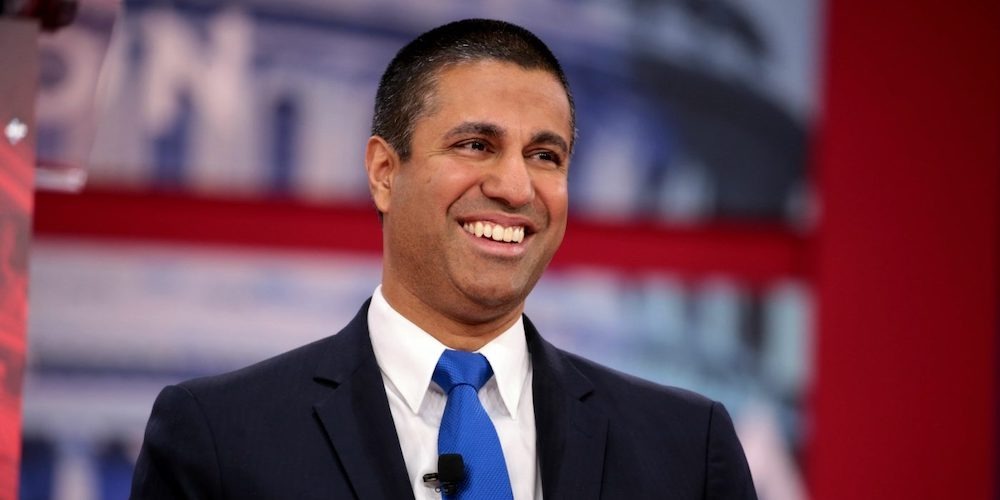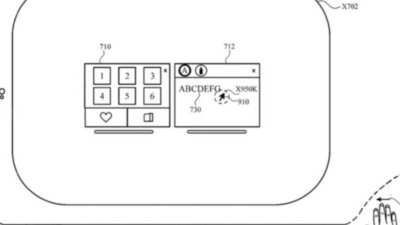Federal Communications Commission chairman Ajit Pai has confirmed he will be stepping down on January 20, leaving the spot vacant for President-elect Joe Biden to fill following his inauguration.
In a statement released on Monday, FCC chairman Pai claimed it has been "the honor of a lifetime" to hold the position for the last four years. Expressing thanks to President Obama for appointing him as a Commissioner in 2012, followed by President Donald Trump's decision to give him the top job in 2017, Pai calls being the first Asian-American to chair the FCC a "particular privilege."
The statement goes on to claim the FCC "delivered for the American people" a closing of the "digital divide," as well as "promoting innovation and competition" in areas ranging from 5G to broadband from space. "As a result, our nation's communications networks are now faster, stronger, and more widely deployed than ever before."
Pai also highlights "how productive" the FCC has been, including starting five spectrum auctions and two rural broadband reverse auctions, opening the 1,245MHz mid-band spectrum for unlicensed use, adopting more than 25 orders through the Modernization of Media Regulation Initiative, and the designation of 98 as the three-digit number for the National Suicide Prevention Lifeline.
The stepdown by Pai isn't entirely unexpected, as it is typical for the chairman to vacate the position at the time of a change of president. The move has historically enabled the FCC to have a 3-2 majority of commissioners leaning the same way as the White House.
Pai's four years in the chairman's set has been one of the more controversial to have taken place. Arguably the most major was his insistence that the FCC repeals net neutrality protections, despite massive public outcry demanding it is instead maintained.
Apple was among the major tech companies wanting to keep net neutrality protections, advising to the FCC in 2017 that "an open internet ensures that hundreds of millions of consumers get the experience they want, over the broadband connections they choose, to use the devices they love, which have become an integral part of their lives."
Pai asserted that the protections imposed "heavy-handed, utility-style protections" on the internet that "depressed investment in building and expanding broadband networks and deterred innovation."
Pai also pushed forward with making the FCC adopt new rules "clarifying the meaning" of Section 230 of the Communications Decency Act, which provides broad protections for online platforms. Under Section 230, platforms could be protected from liability for content posted by a site's users by performing specific actions in a timely manner, rules that allowed various early platforms to flourish.
Section 230 has been a political target for Republican lawmakers, on the belief that social media companies are abusing it to censor conservative viewpoints on platforms. Meanwhile Democrats argue the law shields social media platforms too much, enabling them to keep displaying misinformation and purposefully deceiving content.
According to Pai, "Social media companies have a First Amendment right to free speech, but they do not have a First Amendment right to a special immunity denied to other media outlets, such as newspapers and broadcasters."
 Malcolm Owen
Malcolm Owen


 Andrew Orr
Andrew Orr

 Amber Neely
Amber Neely

 Wesley Hilliard
Wesley Hilliard
 William Gallagher
William Gallagher










